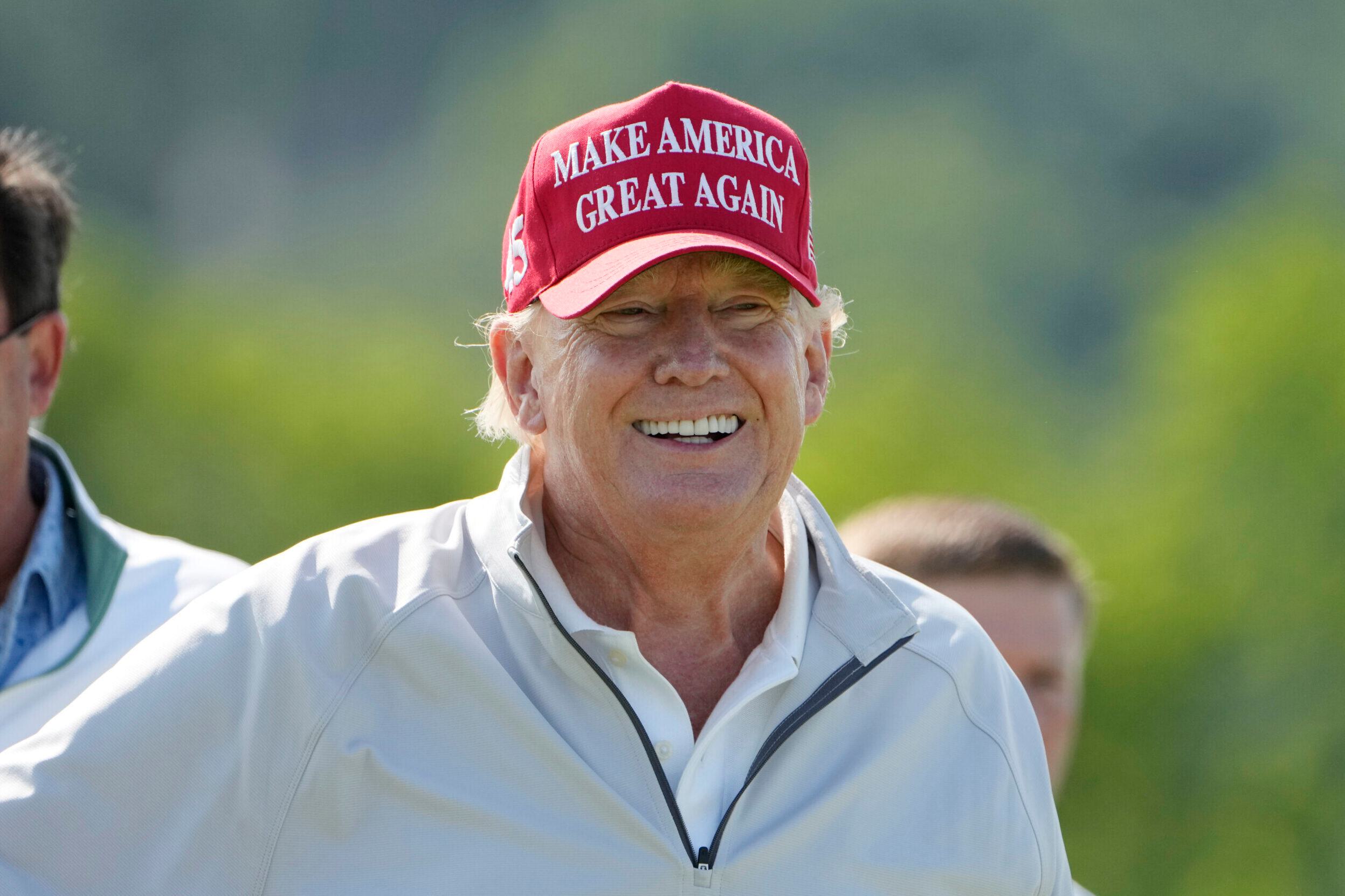Two offhand, seemingly nonchalant recent comments from professors are replaying over and over in my mind, accompanied by extensive thought and processing of their implications.
The first, during a meeting about law school applications: “I’ve had success helping to get conservative students accepted at [unnamed law school]; the admissions board likes applicants who play into that conservative intellectual tradition – not the culture warriors.”
The second came during a meeting – spurred by my first article – with a self-described conservative professor: “Conservatives exist to slow progress.”
These two isolated statements may seem to have little to do with each other, but I believe they are deeply connected. Many politicos describe the division on the right side of the aisle as between “neocons” and “traditional conservatives”; between “libertarians” and “conservatives”; or “Chamber of Commerce Republicans” and “Reagan Republicans.” Or, as the first professor seemed to imply “conservative intellectual traditionalists” and “culture warriors.”
I have little doubt that these characterizations of right-wing politics are accurate to a fair degree, but there is a fundamental distinction underlying them all. Clearly, most individuals on each side would identify, to some extent, as a conservative, at least nominally. But the foundational core of each ideological category lies in one question: “What is it that we seek to conserve?”
If I get a bit harsh or confrontational here, I certainly do not mean it as an afront to the professors, both of whom I respect and appreciate. But their comments struck me as a complete insult to conservatism. The second professor invoked English conservative philosopher Edmund Burke when I revisited his statement, implying that Burke supported his brand of conservatism. If Burke’s conservative ideal was to halt progress, or change, where would he find himself in the America of 2024? Would he favor leaving Roe v. Wade in place for the sake of preventing change? Or the Affordable Care Act? What if Burke was living in the 1960s? Would he have preferred racial segregation as the status quo? Would Burke have spoken in favor of living in mutually assured destruction with the USSR, so that no progress was made?
On a more pointed note, if the job of conservatives is to slow or halt progress, then the conservatives in America are frankly terrible at conservatism. Where were these conservatives during the New Deal, or during Roe v. Wade, or when every new government agency was created? It sure doesn’t look like they slowed anything down.
In regard to the other professor, would that same definition of conservatism be considered “conservative intellectual tradition?” I think it’s fair to assume this is what was implied, and that the “culture warriors” are the more radical, aggressive right-wingers, who might want to do something unbelievable, like maybe reverse some change for once. How silly is that! No serious law school would want those kinds of conservatives at their intellectual institution.
Sarcasm aside, the reason these “conservative intellectual traditionalists” have failed ever so miserably at conserving anything other than the constant leftward trend in American government over the last century is precisely because they were not “culture warriors.” Nixon infamously lamented the younger generations during his administration; the Republican Party ran an old career politician and a rich financier from Utah against Obama, the most culturally influential president in modern memory; and most conservative thinkers laughed off Pat Buchanan when he advocated for and coined the phrase “the culture war.”
Trump seemed to revive the culture war on the right, exposing the media bias that every other Republican was scared to point out, prioritizing and collaborating with conservative influencers and online personalities whom the younger generations follow, and appointing justices to federal courts who won’t protect progressive government in the name of “precedent.” He did so by taking pages out of Reagan’s playbook, because Reagan was really the only other conservative president to reject that tired brand of conservatism, and at least gave it his all in reversing the damage done by the time he took office.
The reason this dialogue matters is because conservatives find themselves in an interesting place today. Trump has promised in his second term to advance some unprecedented true conservative policies: dismantling the Department of Education, shrinking the federal government, cracking down on DEI, and advancing free-market economics. However, he has also moderated on several issues, as shown through recent comments on liberalizing abortion access, legalizing marijuana, and neglecting to reform entitlements.
I’m looking down the road – past this election and to the next. The “Trump Era” will be over, his direct influence on the party will presumably be gone, and we will have to choose another candidate. I’m not previewing potential candidates yet, but it will be vital that conservatives decide what we want in a leader.
I revisit this question: What is it that we seek to conserve? Are we merely halting progress, maintaining the most recent status quo, and conserving the conditions of the time? Or are we to conserve an ideal? Or a set of ideals, rather, those that our country was founded upon, of free-markets, protection of life and liberty, the right to bear arms, a “moral and religious people.” In essence, what will we appeal to? Will we appeal to whatever the left has established as the “new normal,” or will we appeal to an objective morality, a “more perfect” form of government? Will we appeal to the “spirit of the age,” or to God?
Carter Ashcraft is a 21-year-old from Tuscaloosa, Ala., who is majoring in political science at the University of Alabama. You can contact him at carterashcraft12@gmail.com.
The views and opinions expressed here are those of the author and do not necessarily reflect the policy or position of 1819 News. To comment, please send an email with your name and contact information to Commentary@1819News.com.
Don't miss out! Subscribe to our newsletter and get our top stories every weekday morning.










